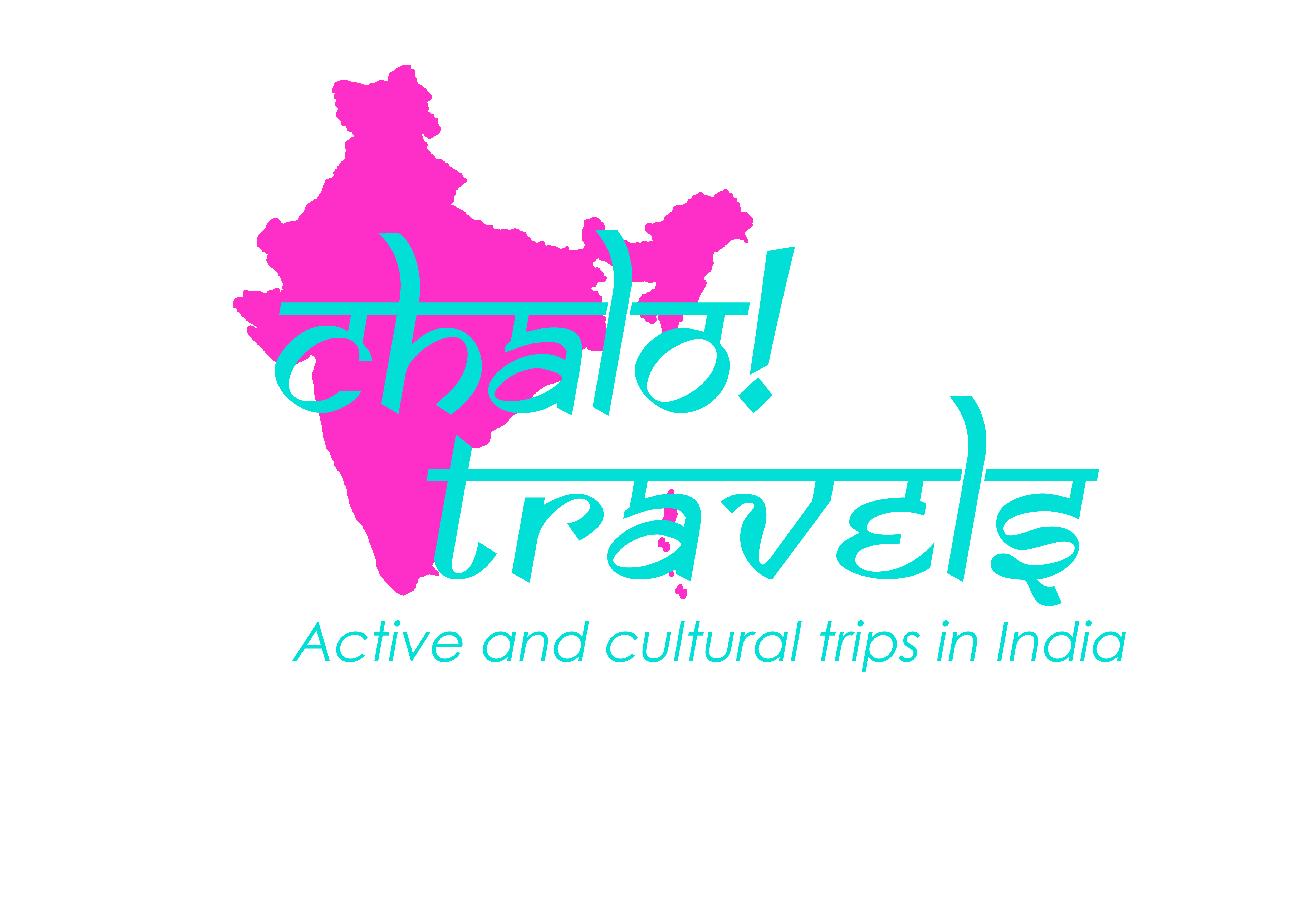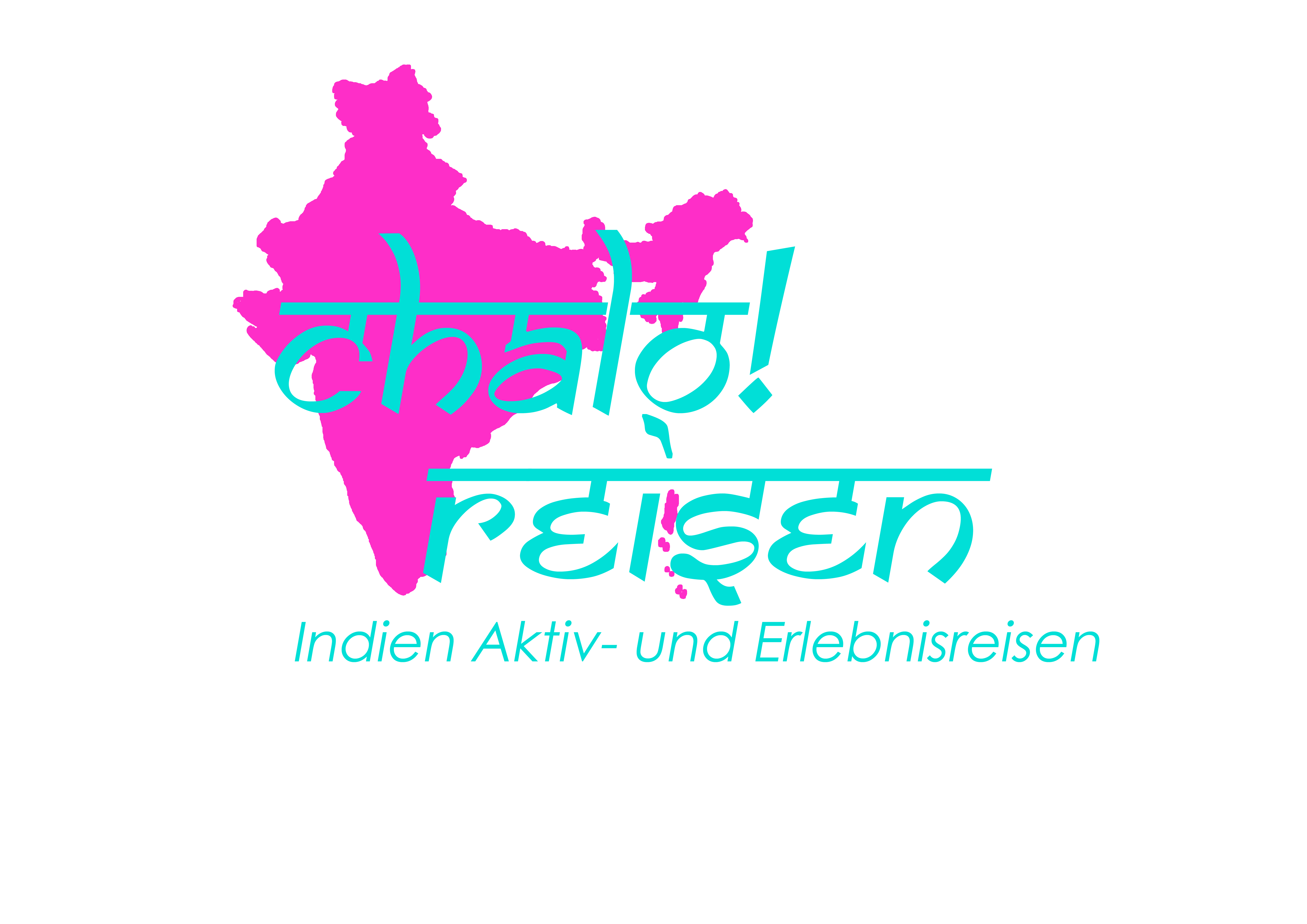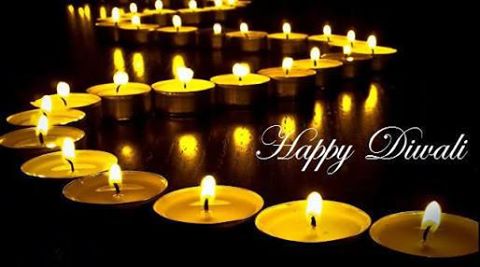Once it gets cooler in Manali, only a few tourist are around it becomes quite peaceful in the mountain village, then it is time for Diwali.
Diwali, the Hindu festival of lights and the most important holiday in India, takes place every year on the 15th of the month Of Kartik, 20 days after Dusshera according the new moon. This year, Diwali falls on October 30.
The name Diwali comes from Deepavali. “Deepa” means lamp and “Avali” chain. In fact, chains of oil lights are put in front of the houses and the whole house is decorated with electronic fairy lights. The light symbolizes the inner fire that protects us from spiritual darkness.

Although in every region of India the Diwali Festival is based on a little different story, all the stories have in common that good prevails over evil.
During Diwali, the brightness is celebrated over darkness, life over death, love over hatred and good over evil.
Originally, Diwali marked the end of the harvest season and thus the end of the year. Even today, Diwali is the end of the financial year, the accounting is completed and the goddess Lakschmi (the goddess of prosperity) is worshipped for a new successful year.

Rituals for worshipping Lakschmi are made and lights are lit to welcome her in the house.
In Indian families, Diwali resembles a mixture of Christmas and New Year’s Eve. You get together, enjoy sumptuous food, hand out sweets to your neighbours and light fireworks until late at night.

Like so many Indian festivals, Diwali lasts several days:
On the first day the house is cleaned and you buy gold and kitchen utensils.
On day two, the house is decorated with lamps and on the floor is painted with colorful sand decorative shapes.

On the third day, the main day, the family gets together, prays to Lakschmi and lights firecrackers.
On the fourth day you visit family and neighbors, wish the best for the new year and distribute sweets.
On the last day, the brothers visit their sisters and are welcomed with an elaborate meal.
Diwali is always beautiful, especially when you have the opportunity to spend it with an Indian family. Then you can play with the children with fire candles, you are served with tons of sweets and have a little feel of a contemplative Christmas atmosphere – with noisy fireworks of course!

Besides the beautiful fireworks, the Indians especially love the Chinese firecrackers, which are already crashed into the air days before actual Diwali and also a few days after the festival. You almost think of yourself at war.
But with Prime Minister Modi, the Pollution Free Diwali campaign has been launched, and far more Indians are leaving their hands off the fireworks this year and celebrating Diwali a little more contemplatively.
In this sense. Happy Diwali!






